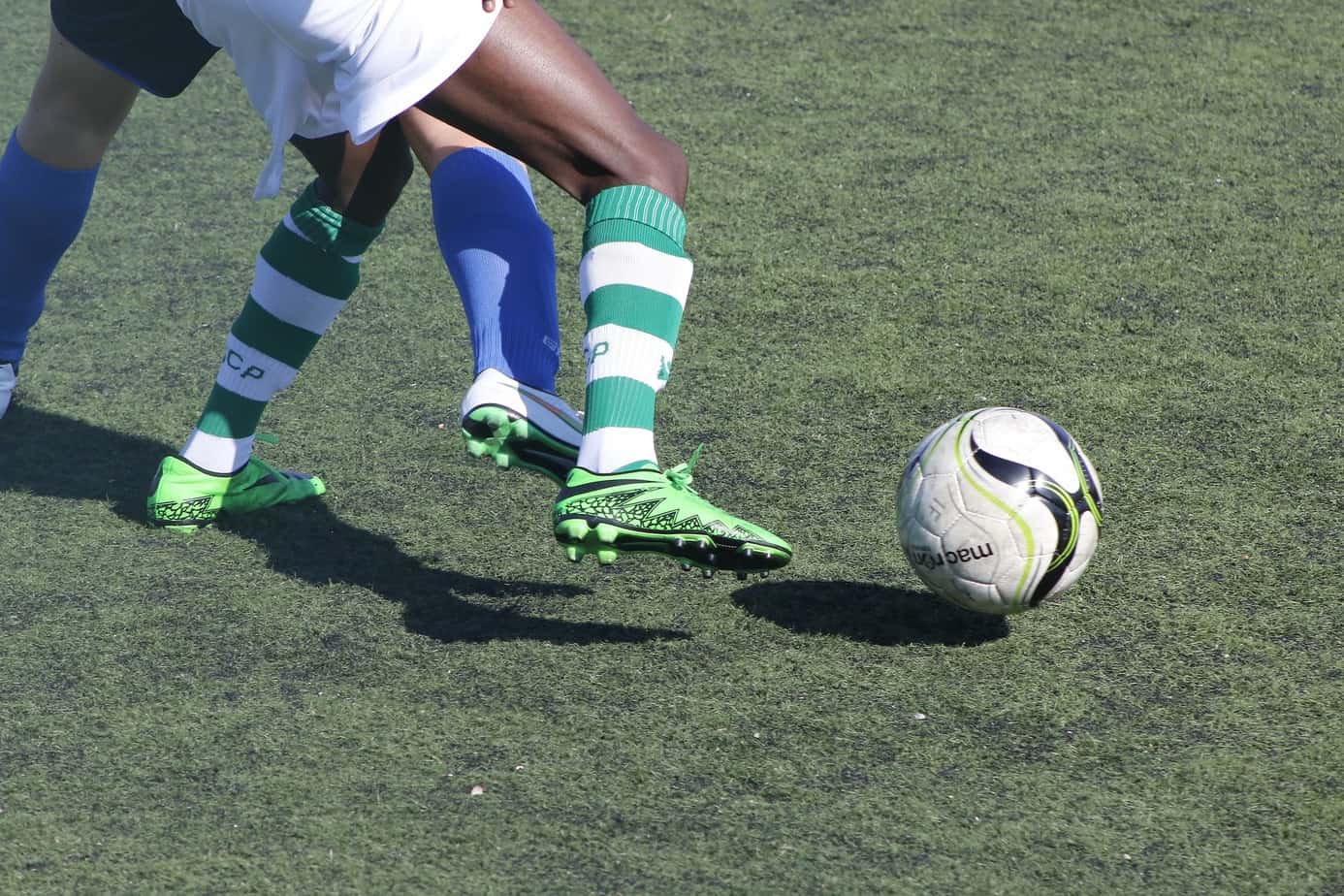Natural grass vs. artificial turf: which surface poses an increased injury risk?
A research review from the Performance Digest
- Background & Objective
- What They Did
- What They Found
- Practical Takeaways
- Reviewer’s Comments
- About the Reviewer
- Comments

Background & Objective
Artificial turf (AT) has a number of benefits over natural grass (NG), such as decreased maintenance costs, and increased usability across the elements, making it more common in professional sports. However, many athletes prefer to play on natural grass due to factors including perceived injury rate, discomfort, and fatiguability. This study utilised the Injury Rate Ratio to evaluate data of injury occurrence on either artificial turf or natural grass playing surfaces.
What They Did
Injury data from pre-season, regular season, and post-season for two Major League Soccer (MLS) teams was recorded over the course of four seasons (2013-2016), along with the playing surface:
⇒ AT
⇒ NG
The injury incidence rate ratio was calculated as incidence rate AT/ incidence rate NG to determine which playing surface had a higher injury incidence rate.
What They Found
The key findings in this study were:
⇒ A total of 2174 in-game injuries were recorded during the study period, with 1.54 injuries per game occurring on AT and 1.49 occurring on NG.
⇒ Yearly injury incidence increased each year on both playing surfaces – 12.5% on NG and 26.3% on AT.
⇒ From 2013-2016, data analysis showed comparable injury incidence and overall injury rate between AT and NG surfaces, however, regarding specific injuries, a higher rate of Achilles injury and ankle fracture was found on AT.
[optin-monster-shortcode id=”jyyw4xzrpuivfz8gggx4″]
Practical Takeaways
Despite what other sports may show and what MLS players beliefs are, this study shows us that there was no statistical difference in injury rates among MLS players playing on AT vs. NG. Over the last few years injuries rates have increased in all sports, so the question of playing surface has become a popular topic. Other variables such as strength and previous injury, should outweigh playing surface.
Since ankle injuries were found to be the only body part with increased injury occurrence on AT compared to NG, further research should investigate data and association with type of footwear as well as contact vs. non-contact injuries on playing surface.
Strengthening and proprioception training have been shown to decrease the overall risk of ankle-related injuries. When teams are in a situation where AT is the only playing surface at hand, it is imperative that players run through a sound dynamic warm-up for injury-risk reduction.
Reviewer’s Comments
“The biggest indicator of future injury is previous injury, and one major limiting factor in this study was the failure to include player’s injury history. This is important from an injury prevention and rehabilitation standpoint because if the initial injury was not fully rehabilitated and the player did not go through a proper return-to sport protocol, this could have skewed the rate of injury.
Other variables not included which impact the overall strength of this study was time missed and re-injury rates. However, it is important to note that a large amount of data was collected, all which showed comparable injury rates regardless of the playing surface.”
Want to learn more?
Then check these out…
Watch this video
Read this article
Listen to this podcast
The full study can be read here.
Want more research reviews like this?
Every coach understands the importance of staying up-to-date with the latest sports performance research like this, but none have the time, energy, or even enjoys spending hours upon hours searching through PubMed and other academic journals. Instead, your precious time is better-spent coaching, programming, and managing all the other more important aspects of your job.
The solution…
The Performance Digest
The Performance Digest is a monthly summary of the latest sports performance research reviewed by our team of hand-selected experts. We sift through the 1,000+ studies published in the realms of sports performance every, single month and review only those which are important to you. Each monthly issues contains 19 research reviews in all of the following disciplines:
This comprehensive topic base ensures you’re constantly expanding your knowledge and accelerating your career as quickly as humanly possible. The reviews are also hyper-focused, 1-page summaries, meaning there’s no jargon or wasted time. We cut right to the chase and tell you what you need to know so you can get back to coaching.
Join the thousands of other coaches who read it every, single month. Click here to grab your FREE copy…
[optin-monster-shortcode id=”nhpxak0baeqvjdeila6a”]

